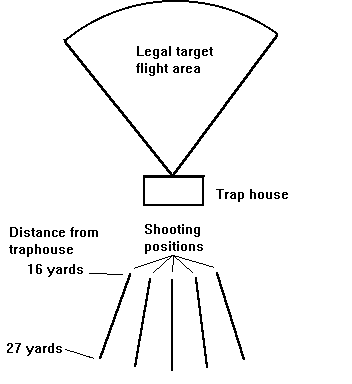This morning, the howl of the wind moving across the roofs of our neighborhood sounded exactly like a faint adhan, the Muslim call to prayer. With eyes closed and still on the soft edge of sleep, I woke with Turkey on the mind.
It’s hard to believe that nine years has passed since I took my first major solo trip. I was newly 19 and had settled on Eastern Europe as a good place to try: it was cheap, most of the countries were on the verge of entering the EU, it was mostly out of the major Europe travel path, and it was western enough that I wasn’t scared to go (like I was a little bit of South America and Asia).
The path:
U.K.: London
Czech Republic: Prague
Hungary: Budapest
Poland: Krakow, Oswiecim, Zakopano
Back to Hungary: Budapest
Romania: Targu Mures, Cluj-Napoca, Brasov, Sighetu Marmatiei, Bucharest
Bulgaria: Sofia, Pernik, Plovdiv
Turkey: Istanbul, Cappadocia Region
Back to Cluj Napoca, Romania
Back to Prague, Czech Republic
Back to London
Back home.
Two and a half months. A lone American woman. My first day in Prague I watched with the other hostel folks as America dropped the first bombs of the second Iraq war. That was the first moment that my trip scared me and it was the first time I ever felt the need to call myself Alaskan rather than American.
I had very little money to survive on and a strict budget. I wrote every single expense down in a small notebook, calculated my daily costs and then adjusted if needed. Some days I ate nothing but rolls with cheese from the market.
Almost everyone I met was shocked to find a nineteen year old American girl traveling by herself. This worked in my favor. Instead of being the vulnerable target that everyone thought I must be, I became the opportunity for people to do a good turn. Almost every person I met thought I needed help, I needed protecting, and as a result it was like all of my problems melted away. And I did have problems, and other scary times, but inevitably a good Samaritan would step in to help me out.
Maybe this trip is why I retain my belief in the inherent goodness of people.
It took me most of my trip to figure out that I was taking advantage of an attitude towards woman, and girls, that I had always objected to. I considered myself strong, independent, un-needy. And I was those things, but I know now that the only way I made it through those two and a half months was by allowing other people to see me the way that they wanted to and taking advantage of that attitude. I learned that there is nothing weak about accepting help when you need it.
This trip was also when I started to learn how to talk to people. I was extremely shy, nervous, and reserved around unfamiliar people. But now, traveling by myself, there were times when I thought I would go crazy if I didn’t find someone to be around and share with. At the first hostel I stayed at I watched another traveler go around and introduce himself to everyone at breakfast, ask where they were from, what they were up to, where they were going. He walked away from breakfast with two new people to spend the day exploring with, me and an Irishman.
I learned and adapted. If I hadn't opened up myself to new people, I never would've: traveled to Poland, gone to a bathhouse, gone spelunking, learned how to deal with corrupt train guards, gone to a monastery, or learned that French fries are the secret ingredient to delicious kebabs.
Turkey was the hardest place for me. Blondish, blue-eyed, big-boobed, I was a target there more than I ever had been, constantly harassed on the street. If I had gone to Turkey earlier in my trip, it would’ve been a disaster, but towards the end of my trip I had grown stronger, more willing to throw myself into uncomfortable situations and believe I could make it out the other side. Sitting in the Blue Mosque for an hour every day was my reward. Exploring the underground cities in Cappadocia, living my Indiana Jones dreams, all made it worth it.
I left Turkey and went back to Cluj-Napoca in Romania, the place I had felt the most comfortable on my trip. There, sitting at a small café, watching the tiny sparrows hop around my feet, gathering crumbs like mice, I began my first attempt at writing fiction.
Odd to know that I am that same person, even though I feel so changed.







